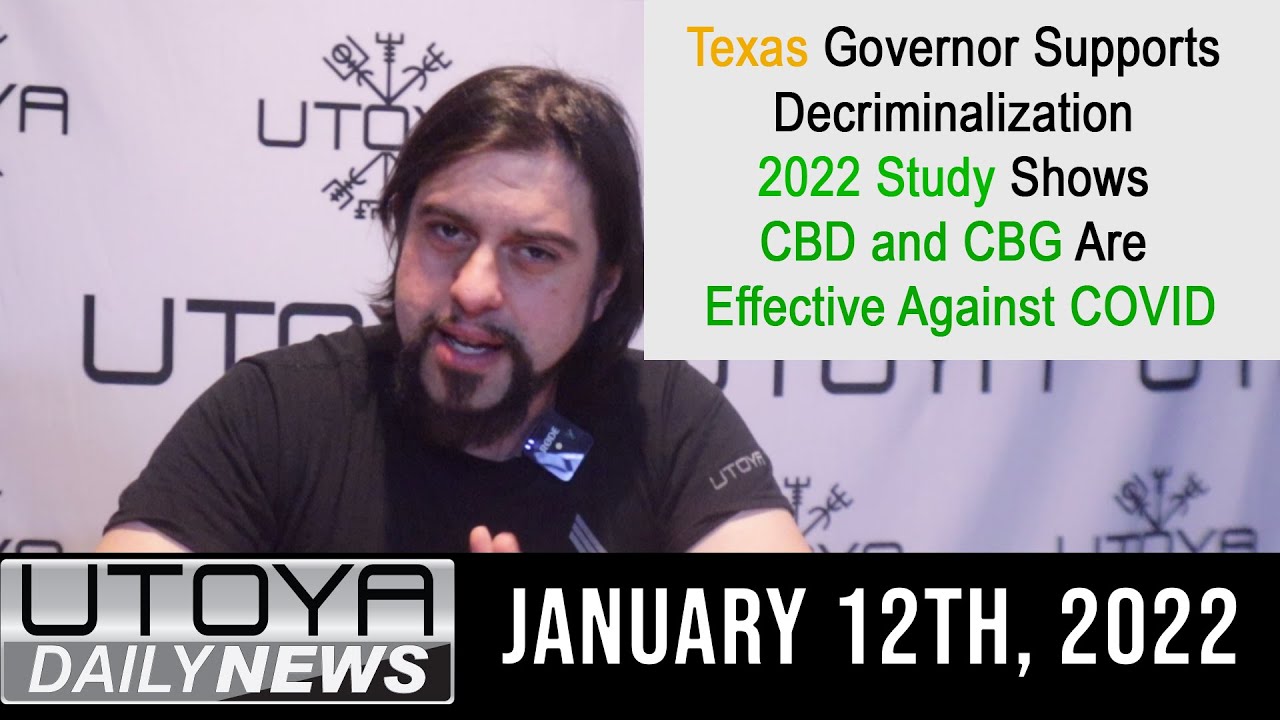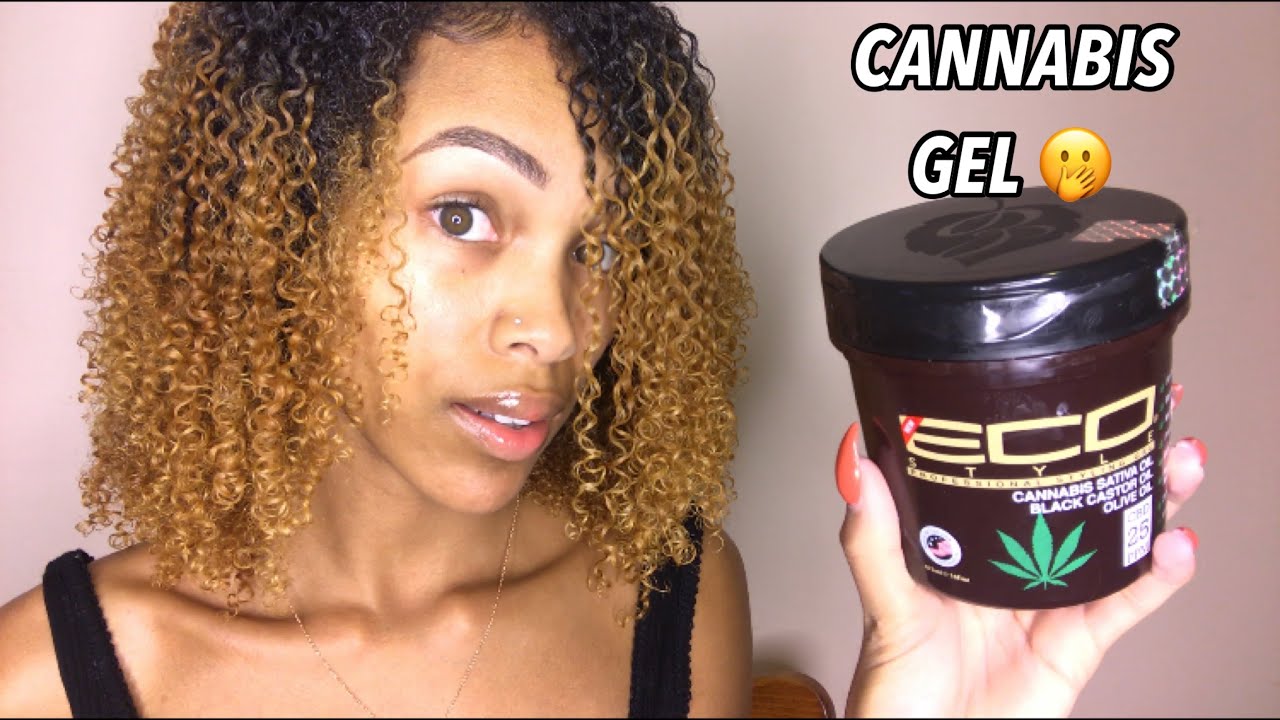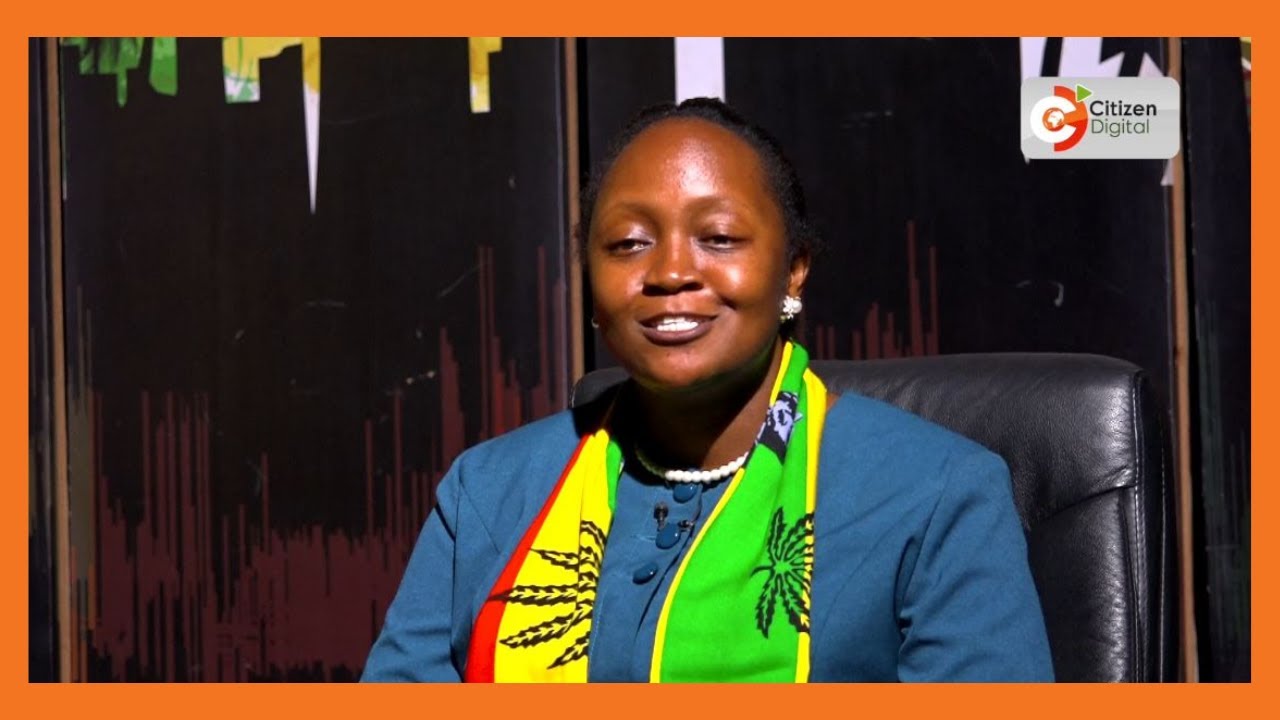Texas Gov. Greg Abbott (R) essentially endorsed marijuana decriminalization at a reelection campaign event—but misstated current policy by suggesting that lawmakers have already enacted the cannabis reform.
The governor of Texas said on Monday that he doesn’t believe people should be incarcerated over low-level marijuana possession, effectively endorsing decriminalization on the same day that Austin officials certified a ballot initiative to enact the reform on the local level. But he also went on to incorrectly suggest that lawmakers have already adopted the policy statewide.
“Marijuana is now a Class C misdemeanor in the state of Texas and so one thing that that I believe in—and I believe the state legislature believes in—and that is prison and jail is a place for dangerous criminals who may harm others, and small possession of marijuana is not the type of violation that we want to stockpile jails with,” he said.
Advocates were quick to point out that Abbott mischaracterized Texas’s marijuana policy, as possession of up to two ounces of cannabis actually remains a Class B misdemeanor—not class C—that carries a penalty of up to 180 days in jail and a maximum $2,000 fine.
A Class C misdemeanor would be punishable by up to a $500 fine without the threat of jail time, a policy that activists often refer to as decriminalization.
Florida activists are shifting their focus for a marijuana legalization ballot measure to 2024 instead of 2022 as previously planned.
“When we began this attempt at legalization and home cultivation, we told you that time was short,” the campaign said in an email blast to supporters on Tuesday. “It appears that time has run out for this election cycle, but we have momentum and we have laid the groundwork for a successful campaign for 2024.”
Michigan retailers sold a record $135 million worth of recreational marijuana products in December—”another high for the adult-use industry,” the state’s top cannabis regulator said.
The House bill to deschedule marijuana and fund programs to repair drug war harms got one new cosponsor for a total of 102.
Rep. Dave Joyce (R-OH) tweeted, “Cannabis is no longer the partisan issue it once was. But Democratic leadership’s all-or-nothing approach kills bipartisan bills like #SAFEBanking that can actually become law and achieve reforms that Americans are calling for.”
New Jersey lawmakers sent Gov. Phil Murphy (D) legislation to decriminalize syringes and otherwise expand access to syringe access programs.
The Virginia legislature’s Cannabis Oversight Commission finalized its marijuana policy recommendations to the full General Assembly. But there is concern about social equity, which seems to revolve around big companies from out of state coming in and spelling economic disaster for the commonwealth. He believes it will take a few sessions to discover and agree upon a way on how to manage that moving forward.
A Mississippi senator filed a medical cannabis bill that is expected to be considered by the Public Health and Welfare Committee on Wednesday.
South Dakota lawmakers filed more than two dozen marijuana bills.
Alaska regulators sent a bulletin about marijuana and CBD in the workplace.
New Orleans, Louisiana police will no longer issue citations for simple possession of marijuana alone.
A study found that “cannabinoids block cellular entry of SARS-CoV-2 and the emerging variants.”
As a complement to vaccines, small-molecule therapeutic agents are needed to treat or prevent infections by severe acute respiratory syndrome coronavirus-2 (SARS-CoV-2) and its variants, which cause COVID-19. Affinity selection–mass spectrometry was used for the discovery of botanical ligands to the SARS-CoV-2 spike protein. Cannabinoid acids from hemp (Cannabis sativa) were found to be allosteric as well as orthosteric ligands with micromolar affinity for the spike protein. In follow-up virus neutralization assays, cannabigerolic acid and cannabidiolic acid prevented infection of human epithelial cells by a pseudovirus expressing the SARS-CoV-2 spike protein and prevented entry of live SARS-CoV-2 into cells. Importantly, cannabigerolic acid and cannabidiolic acid were equally effective against the SARS-CoV-2 alpha variant B.1.1.7 and the beta variant B.1.351. Orally bioavailable and with a long history of safe human use, these cannabinoids, isolated or in hemp extracts, have the potential to prevent as well as treat infection by SARS-CoV-2.
2022 American Chemical Society and American Society of Pharmacognosy | Jan 10th
https://pubs.acs.org/doi/10.1021/acs.jnatprod.1c00946
source



